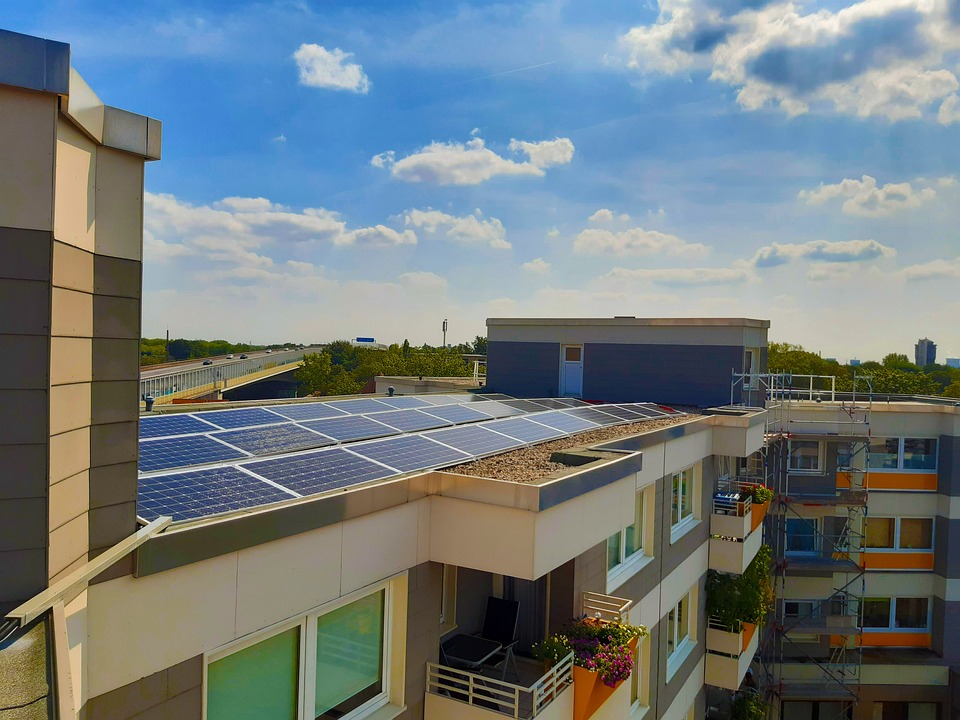Does Air Conditioning (AC) Cause Global Warming?
Air conditioning (AC) has become an essential technology for enhancing comfort in homes, offices, and vehicles worldwide. However, it also plays a significant role in contributing to global warming through direct greenhouse gas emissions and increased energy demand.
1. How Air Conditioning Contributes to Global Warming
A. Greenhouse Gas Emissions from Refrigerants
AC systems commonly use refrigerants such as hydrofluorocarbons (HFCs), which are potent greenhouse gases. Some HFCs have a global warming potential (GWP) that is thousands of times greater than that of carbon dioxide (CO₂). When these refrigerants leak during operation or disposal, they contribute directly to global warming[1][2]. For instance, the leakage of just 1 kg of refrigerant can result in the equivalent CO₂ emissions of running a vehicle for six months[2].
B. Increased Energy Demand and CO₂ Emissions
The operation of AC units requires substantial electricity, much of which is generated from fossil fuels like coal and natural gas. This reliance on fossil fuels leads to increased CO₂ emissions, especially during peak demand periods in hotter months[3]. It is estimated that domestic cooling equipment accounts for nearly 10% of global CO₂ emissions—three times more than the aviation and shipping industries combined[2].
2. The Feedback Loop Between AC and Rising Temperatures
As global temperatures rise, the demand for air conditioning increases, creating a vicious cycle:
– Hotter Summers Increase AC Use: Higher temperatures lead to greater reliance on AC systems for cooling.
– More Energy Use Means More Emissions: Increased energy consumption from AC units results in higher greenhouse gas emissions, further exacerbating climate change and increasing future cooling demands[6][7].
3. Mitigating the Environmental Impact of AC
A. Alternative Refrigerants
To address the environmental impact of refrigerants, newer AC models are increasingly using alternatives with lower GWPs, such as hydrofluoroolefins (HFOs) and natural refrigerants like ammonia. The Kigali Amendment to the Montreal Protocol is facilitating the phase-out of HFCs globally, promoting the adoption of eco-friendly refrigerants[1][4].
B. Increasing Energy Efficiency
Improving the energy efficiency of AC units can significantly reduce their environmental impact. Technologies such as inverter systems allow compressors to operate at variable speeds, reducing energy consumption by up to 30%. Additionally, smart thermostats can optimize cooling based on occupancy and external temperatures[5][8].
C. Renewable Energy Sources
Utilizing renewable energy sources like solar or wind power to operate AC units can drastically cut their carbon footprint. Building energy-efficient homes with proper insulation and natural ventilation can also reduce reliance on high-energy cooling systems[8][9].
FAQs
– How much does AC contribute to global warming?
AC systems account for approximately 10% of global CO₂ emissions.
– Are there eco-friendly alternatives to traditional AC?
Yes, options include solar-powered units, geothermal heat pumps, and systems using low-GWP refrigerants.
– Why do refrigerants in AC units have such a high global warming potential?
Many refrigerants are designed for effective cooling but have chemical properties that trap heat in the atmosphere at much higher rates than CO₂.
– How does the Kigali Amendment affect AC refrigerants?
It mandates the phase-down of HFCs globally, encouraging the use of lower-impact alternatives.
– What can individuals do to reduce AC’s impact on the environment?
Individuals can opt for energy-efficient models, maintain their units properly to prevent leaks, and use renewable energy sources where possible.
Conclusion
Air conditioning systems significantly contribute to global warming through both direct emissions from refrigerants and indirect emissions from increased energy consumption. As global temperatures continue to rise, addressing these impacts through improved technologies and sustainable practices is crucial for mitigating climate change effects. Transitioning to eco-friendly technologies and renewable energy sources will be essential steps in reducing the environmental footprint of air conditioning.

Kyle Whyte is a notable scholar and professor at the University of Michigan, holding positions such as the George Willis Pack Professor in the School for Environment and Sustainability and Professor of Philosophy. Specializing in environmental justice, his work critically examines climate policy and Indigenous peoples’ ethics, emphasizing the nexus between cooperative scientific endeavors and Indigenous justice. As an enrolled Citizen Potawatomi Nation member, he brings a vital perspective to his roles as a U.S. Science Envoy and member of the White House Environmental Justice Advisory Council. His influential research is supported by various prestigious organizations including the National Science Foundation, and disseminated through publications in high-impact journals. Kyle actively contributes to global Indigenous research methodologies and education, with affiliations to numerous institutes and societies dedicated to traditional knowledge and sustainability. Recognized for his academic and community engagement, Kyle has earned multiple awards and served in various visiting professorships. His efforts extend to leadership positions on boards and committees focused on environmental justice nationwide.
